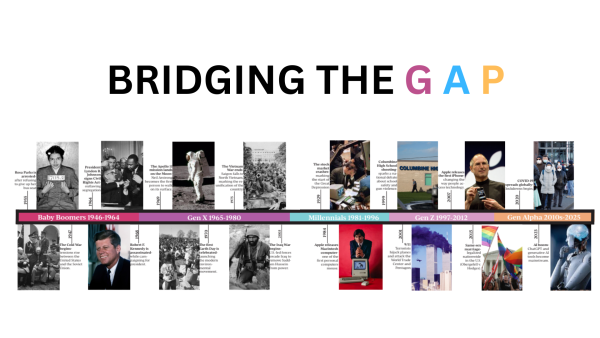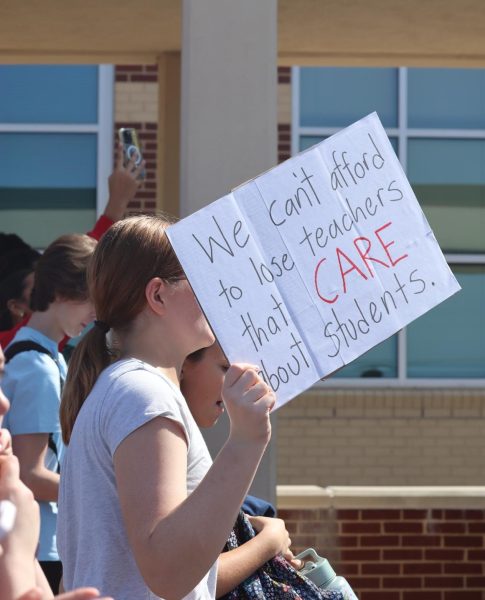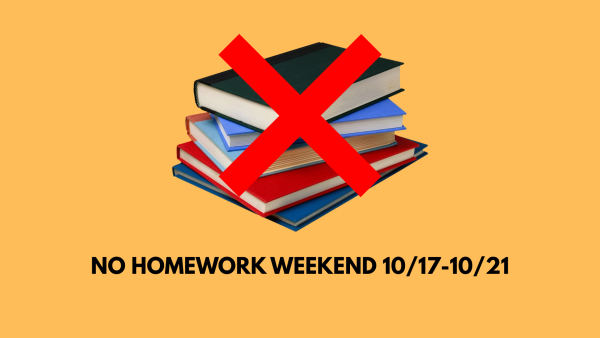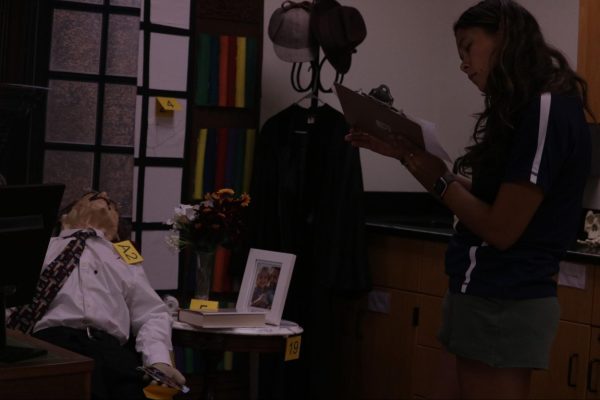Banned Book Week: Teaching Students to Think What Others Don’t Like
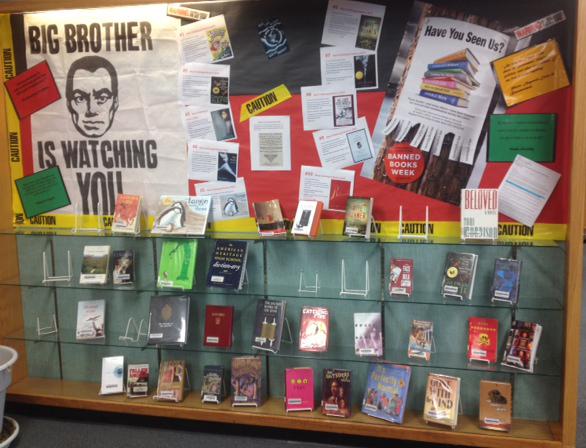
Image by Amelia Lewis
The library, in raising awareness for Banned Book week, displayed many of the popular banned books on shelf to encourage students to read them.
This past week gave students the chance to learn more about the books that some would not have them read. Throughout the week, the librarians raised awareness and asked students to think about banned books and why it is important to use their first amendment rights.
“Students should feel free to read the books they want to read because it is more important to read and understand the book than worry about the social issues it may bring,” library assistant Molly Brabham said.
Banned book week was started in 1982 by the American Library Association to bring attention to the first amendment and accessibility of information.
The bulletin board in the front of the library, which features the titles of the top ten most banned books, attracted a lot of attention from students. These books included popular ones like Looking for Alaska by John Green. The number one most ban book of 2013 caused the most surprise with students.
“Kids were really shocked to know that Captain Underpants was the most banned book,” Lewis said.
Captain Underpants by Dav Pilkey was banned because some parents across the country felt it was not appropriate for the age group it was aimed at due to the violence in it.
During the week, the librarians encouraged students to come to the library.
“We came up with daily questions and gave away T-shirts and banned books to someone who had answered the trivia question correctly,” librarian Laura Glaser Falli said.
The questions were from the banned books 1984, The Giving Tree, The Diary of a Young Girl, and Brave New World. 1984, by George Orwell, is read by some sophomores in their English classes and Brave New World is read by seniors in AP English IV.
Librarian Amelia Lewis talked to many classes about banned book week. She explained to them how when people want control over others, the first thing they do is destroy information. When information is destroyed it keeps people from thinking about other points of view. An example of this that she used is how even though All Quiet on the Western Front was written by a German author it was burned in Nazi book burnings because it promoted the idea of peace after World War I.
Students’ responses to banned book week were better than what the librarians had predicted.
“More students were interested in banned book week than we expected,” library assistant Molly Brabham said. “Students came to answer questions and began asking questions of their own. They were interested in what books were banned and why they were banned.”
Your donation will support the student journalists of McNeil High School. Your contribution will allow us to purchase equipment and cover our annual website hosting costs.

